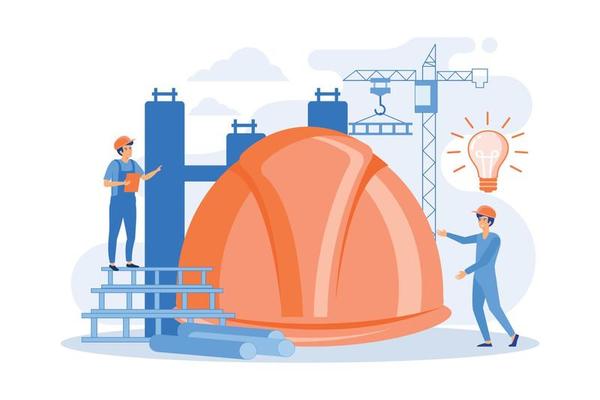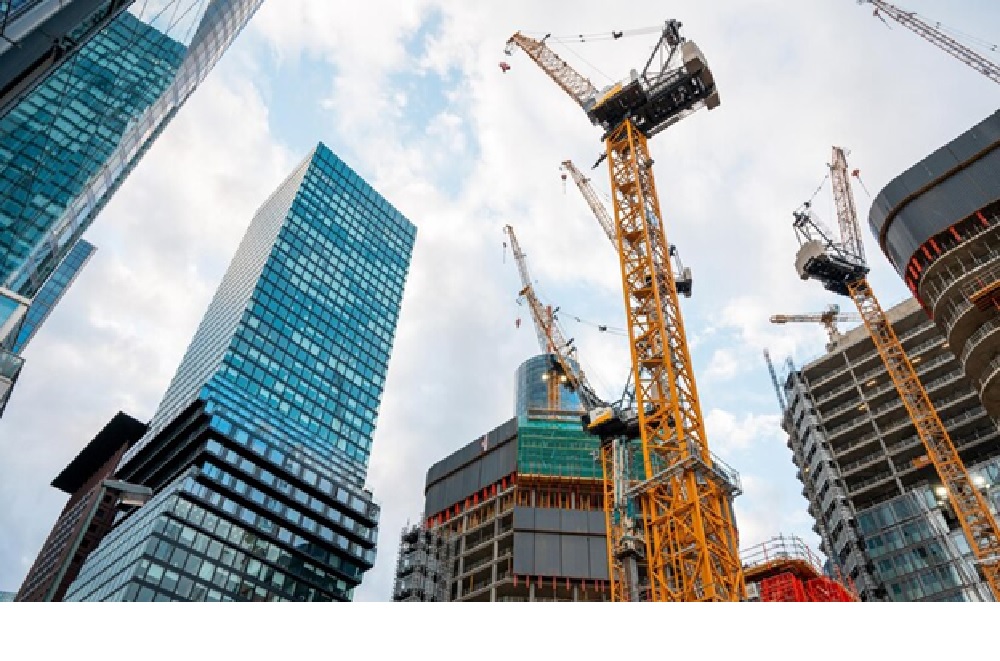Today, there are always innovations in the construction industry due to the demand for efficiency and sustainable structures. Technological advancement in materials construction and construction techniques are central determinants of future construction.
From designing to materials and construction, these innovations are revolutionizing the construction industry. In this article, we will talk about some of the major milestones in the construction industry and its development. To learn more in detail, keep reading this guide till the end.
Sustainable Building Materials
It is impossible to not consider sustainability in contemporary construction. The demand for construction products made from recycled concrete, bamboo, and reclaimed wood is on the rise. In addition to being eco-friendly, these materials help decrease the effects of construction on the natural environment while providing diverse aesthetics and functions. The use of sustainable materials also makes it possible for builders to construct structures that are eco-friendly and cost-effective.
Prefabrication and Modular Construction
Modular construction and offsite construction methods are quickly gaining popularity in the construction industry as they reduce construction time and cost. These methods entail the fabrication of constituent parts at a manufacturing plant and then transported to the construction site for assembly.
It also reduces the amount of labor on site, cuts on wastage, and improves the quality to be delivery. The use of prefabrication is more advantageous in large constructions like; commercial structures and apartments among others.
Innovative Use of Metals

Metals are widely used in contemporary construction projects to enhance strength, durability, and versatility. Advancements in steel construction engineering have seen new steel alloys and construction techniques being developed to improve the performance of steel structures.
For instance, high-strength, low-alloy steels offer a high strength-to-weight ratio, a factor that makes them suitable to be used in the construction of skyscrapers and bridges. All these advancements in steel fabrication help in the production of structures that are safer, stronger, and beautiful.
Smart Building Technology
The use of smart technology in the construction of buildings is changing how people live and work. Smart buildings incorporate the use of sophisticated systems that are used to regulate different aspects of the building including lighting, heating, ventilation, and even security.
It enhances the energy efficiency of the buildings, increases occupant comfort, and offers real-time data to manage the facilities. Smart building technology has been identified as a feature that is essential in developing intelligent and sustainable buildings.
Advanced Construction Techniques
Contemporary construction methodologies are steering the industry towards unprecedented prospects in construction designs and implementation. Advancements like 3D printing, robotics, and drone surveying are making construction easier and more accurate.
For instance, 3D printing makes it possible to produce intricate structural sections without much scrap, and drones conduct site surveys and monitoring. These advanced techniques have increased the construction speed, safety, and efficiency more than traditional construction.
Conclusion
The construction industry is currently experiencing major changes due to technological advancements in materials and methods. These innovations are improving the effectiveness, sustainability, and resilience of 21st-century structures including building materials and construction techniques. Through the adoption of these innovations, the builders and architects can design systems that will meet modern society’s needs while at the same time adopting sustainable standards.


